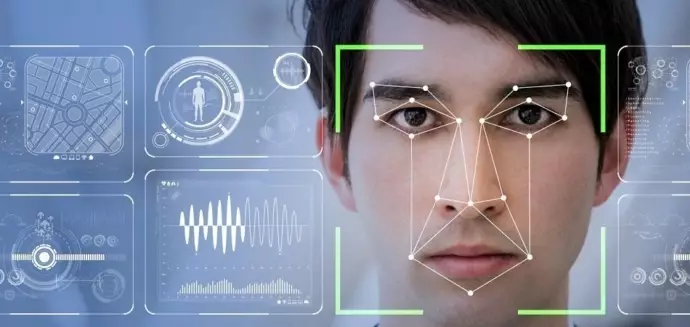Introduction:
Facial recognition technology has become a ubiquitous tool in the modern world, used by both individuals and organizations for a variety of purposes, including security, identification, and personalization.
However, as the use of AI facial recognition technology becomes more widespread, concerns are mounting about its potential dangers and the need for regulation. In Thailand, the Personal Data Protection Act (PDPA) was passed in 2019, which regulates the collection, use, and disclosure of personal data, including biometric data, which includes facial recognition data. In this article, we will discuss the dangers of using AI facial recognition technology under the Thailand PDPA.
AI Facial Recognition Concerns
One of the main concerns about the use of AI facial recognition technology is privacy. Facial recognition technology collects, processes, and stores biometric data, which includes facial features, to identify individuals. This data is highly sensitive and personal, and if it falls into the wrong hands, it can be used for nefarious purposes, such as identity theft, fraud, or surveillance.
What the Law States:
Under the Thailand PDPA, personal data, including biometric data, must be collected and used in a manner that is fair, lawful, and transparent, and with the consent of the data subject. However, the use of facial recognition technology in public places, such as airports, train stations, and shopping centers, raises concerns about the possibility of mass surveillance and the violation of privacy rights.
AI Facial Recognition Dangers
Another danger of using AI facial recognition technology is the potential for discrimination. Facial recognition technology works by comparing the facial features of individuals against a database of images to identify them. However, the accuracy of the technology varies depending on various factors, including lighting conditions, camera angle, and the ethnicity of the individual.
This can lead to errors, especially when the technology is used to identify individuals from different racial or ethnic backgrounds. Under the Thailand PDPA, the use of personal data, including biometric data, must not discriminate against any individual based on their race, ethnicity, religion, or other characteristics.
A further danger of using AI facial recognition technology is the potential for misuse. Facial recognition technology can be used for various purposes, including security, identification, and marketing. However, there is a risk that it can be misused for more nefarious purposes, such as tracking the movements of individuals, monitoring their behavior, or identifying them for political purposes.
Under the Thailand PDPA, personal data, including biometric data, must be used for the purposes for which it was collected and disclosed to third parties only with the consent of the data subject.
Conclusion
In conclusion, the use of AI facial recognition technology raises significant concerns about privacy, discrimination, and misuse. The Thailand PDPA provides some protections against the misuse of personal data, including biometric data, but there is a need for greater regulation to ensure that the technology is used in a manner that is fair, transparent, and non-discriminatory.
As the use of facial recognition technology becomes more widespread, it is important to consider the potential dangers and take steps to mitigate them, including developing robust regulations, ensuring transparency in the use of the technology, and promoting public awareness of its risks and benefits.
All uses of this technology requires a Data Protection Impact Assessment to be carried out before being used.
Formiti Data International provides advisory, training or managed services on how organisations can reach and maintain PDPA compliance

